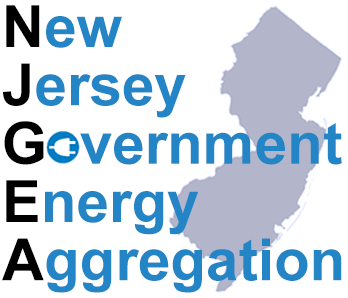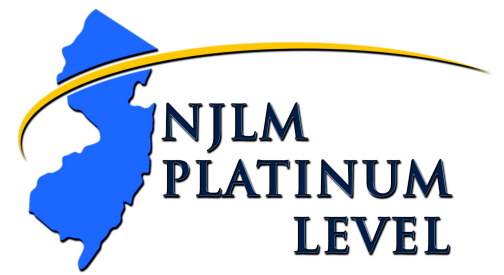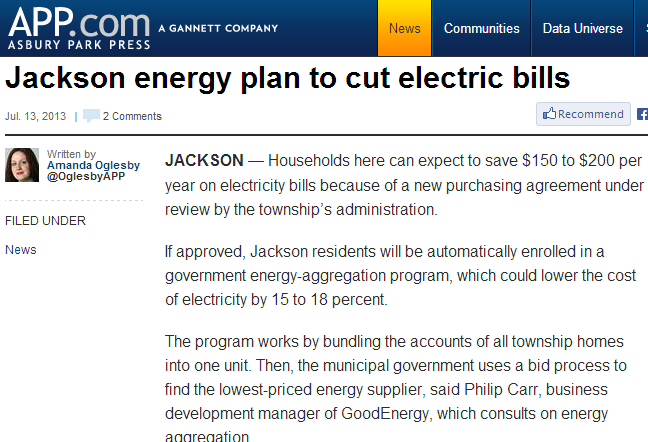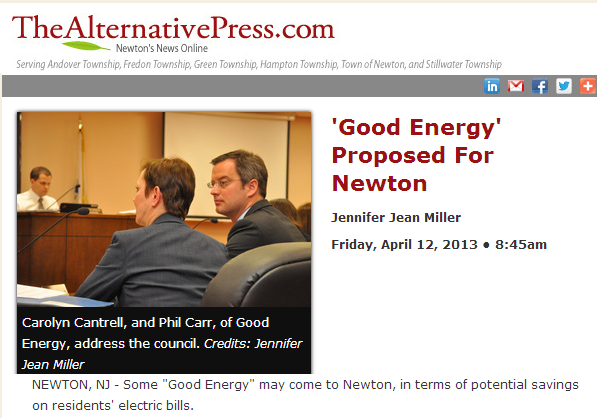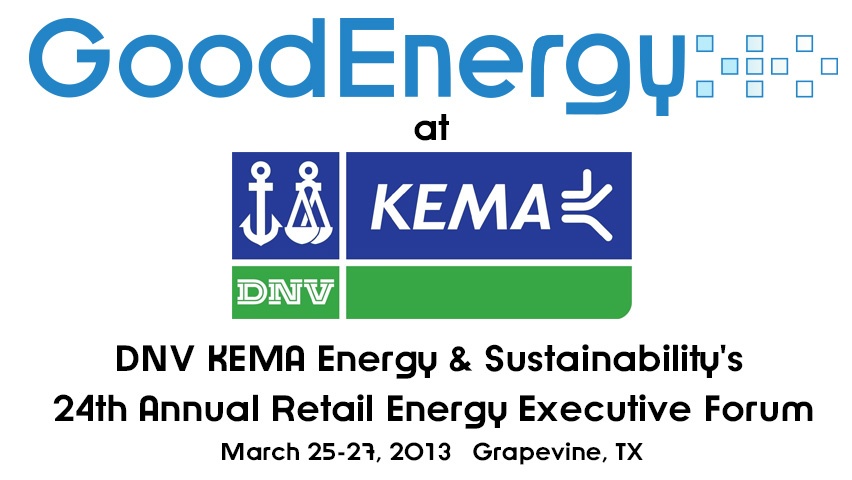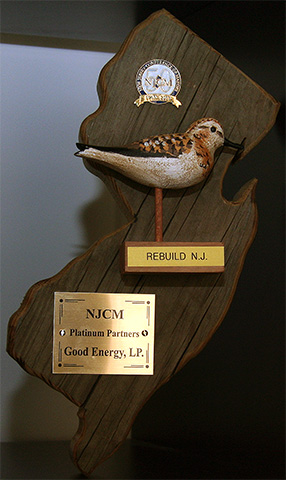Government
energy aggregation is one of the easiest ways to save money for residents. Authorized
in 2003 by the Government Energy Aggregation Act, it allows municipal leaders
to aggregate - or combine - the energy needs of residents, allowing them to
negotiate lower rates, in this case, for electricity supply. On July 9th,
the Township Council of Jackson began the process of beginning an aggregation
program, just as 90 other communities have done. Good Energy presented and made the case
to the Council for the program.
Good Energy is an energy management and consulting firm
specializing in government energy aggregation. The firm is at the forefront of government energy
aggregation. For the last two years, they have been running
similar aggregation programs in Illinois, serving over 550,000 households
and saving an estimated $100 million for those residents. They recently made
inroads into New Jersey, generating excitement in the Jackson County Council about the opportunity
to save residents money in the same way.
“I think this is a great idea and a great opportunity,” said
Councilman Barry Calogero, who has experience with the benefits of aggregation
from his time living in New York.
Government energy aggregation is expected to save residents
between $150
and $200 per year. In addition, residents will no longer have to wade
through solicitations from the growing list of energy providers.
“You have about 67 different markets, all blitzing your
household with...a whole variety of offers. Some of these are fairly legitimate
offers, some are entirely unscrupulous,” said Phillip Carr, Good Energy’s
business development director. Aggregation will reduce or eliminate the need to
compare and decipher these offers, instead, empowering officials to negotiate
for the best rates.
For those residents
who wish not to participate, there is nothing requiring them to join the
aggregation. “At no stage is anybody ever locked into something they do not
want,” said Carr.
If you would like more information about municipal
aggregation, click here.
For the full article, see below.
Source: Jackson Council Will Pursue Energy Aggregation Option
